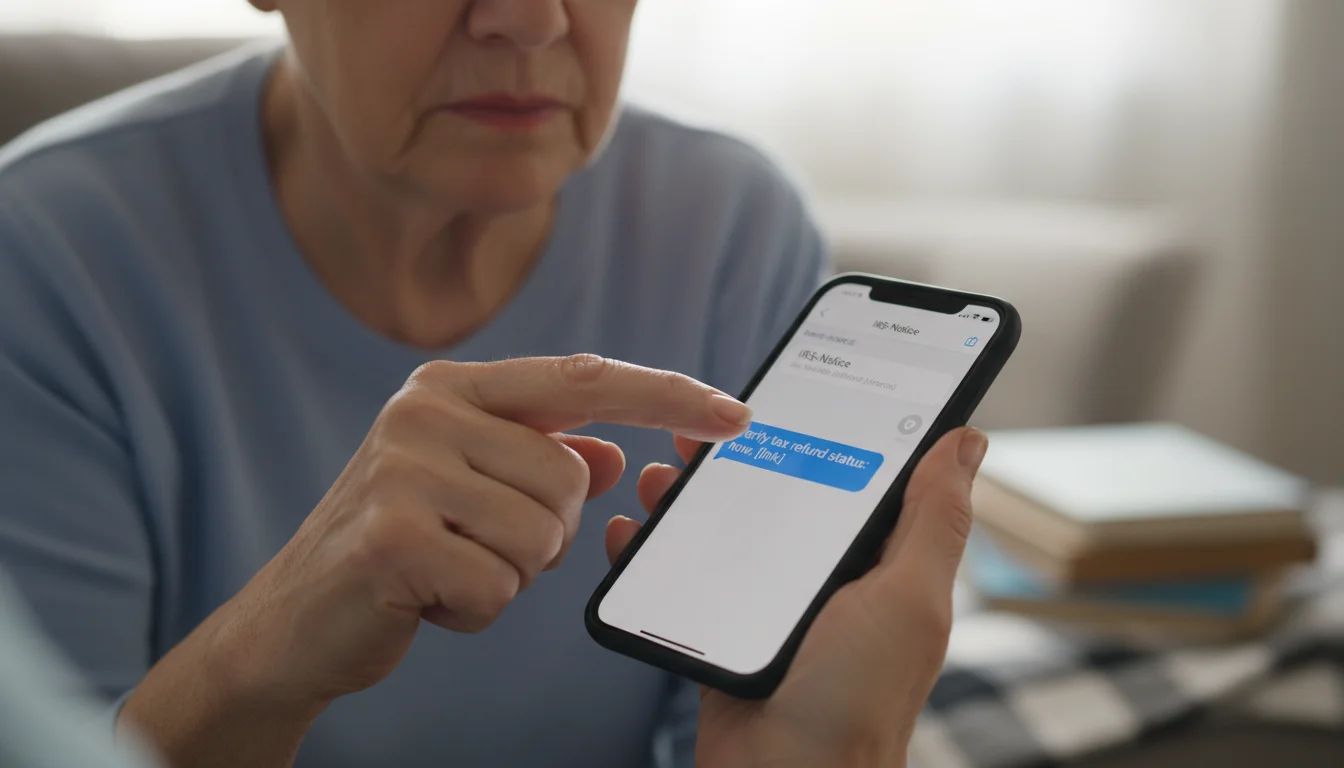
Financial Red Flags and Scams to Watch Out For
Tax season is a prime time for criminals looking to exploit seniors. Being vigilant is your best defense. Here are a few common scams to be aware of.

1. IRS Impersonation Scams
A scammer calls, texts, or emails you, claiming to be from the IRS. They will use aggressive and threatening language, stating you owe back taxes and will be arrested or have your Social Security benefits revoked if you don’t pay immediately. They often demand payment via gift cards, wire transfers, or cryptocurrency. Remember: The IRS’s first contact with you will always be through official mail, not an intimidating phone call or email.

2. “Ghost” Tax Preparers
These are fraudulent tax preparers who set up shop during tax season. They may promise you an unusually large refund. The red flags are that they refuse to sign your tax return as the preparer or enter their Preparer Tax Identification Number (PTIN). They may charge a fee based on a percentage of your refund and have the refund sent to their own bank account first. Always use a reputable tax professional who will sign your return and provide you with a copy. To learn more about protecting your finances, you can consult resources from the Consumer Financial Protection Bureau (CFPB).

3. Phishing and Smishing Scams
Scammers send official-looking emails (phishing) or text messages (smishing) that appear to be from the IRS, your bank, or a tax software company. These messages will often contain a link and ask you to “verify” your account details, Social Security number, or password. Clicking the link can install malware on your computer or take you to a fake website designed to steal your personal information. Never click on unsolicited links. The FTC provides excellent resources on identifying and reporting these scams.


















